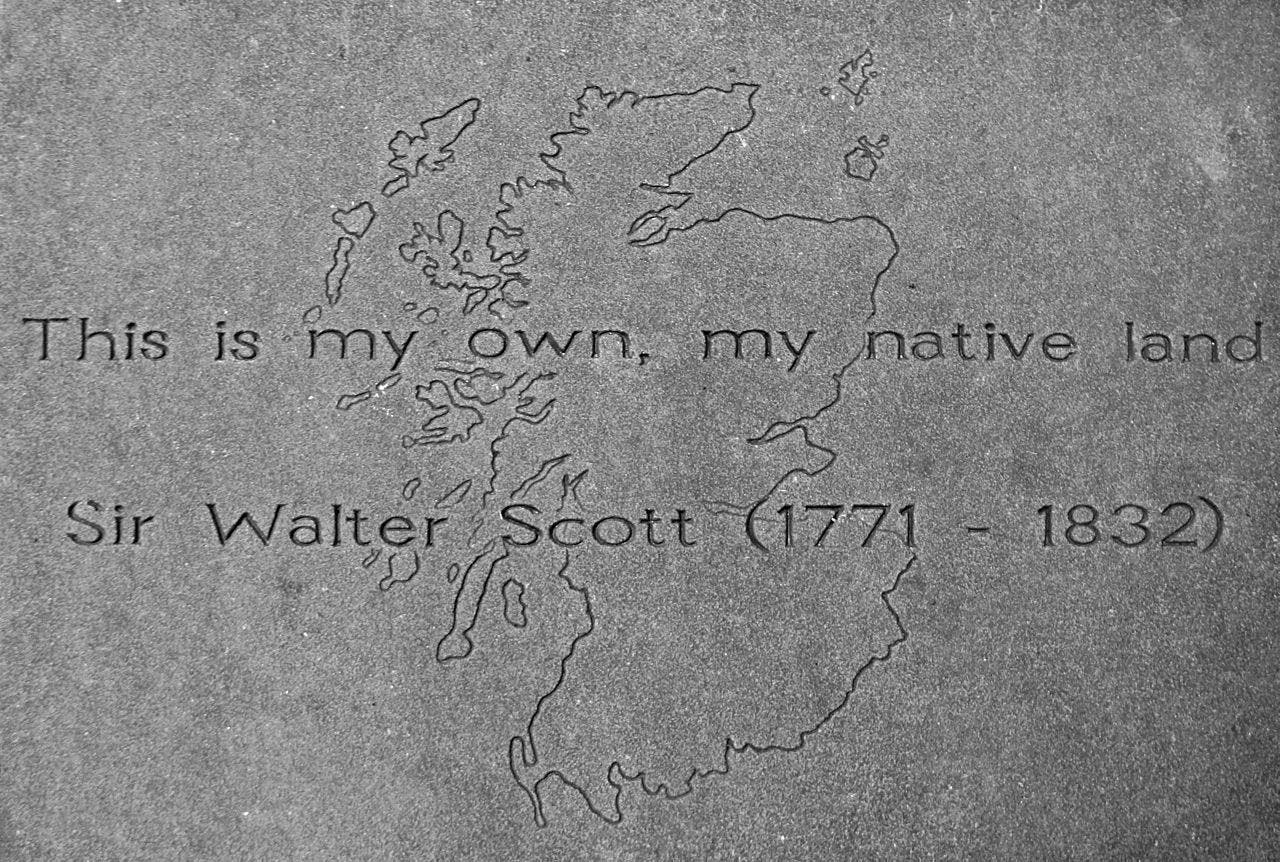Total flexibility, no commitment
A world of unique, crafted gins
Easy, free and reliable delivery

GIN OF THE MONTH: WHAT IS A MAKAR?
Below is an excerpt from GINNED! Magazine about Makar Glasgow Gin. Every month, Craft Gin Club members receive a bottle of amazing small-batch gins accompanied by GINNED! Magazine which is full of features about the gin, the distillery and loads of fascinating features.
The choice of name for the Glasgow Distillery Company’s first gin makes sense for its Scots heritage and the liquid poetry that distillers can create. But “Makar” is not necessarily a name that is well understood outside of Scotland. So what exactly is a makar and how did those in their ranks evolve through time?
The Merriam-Webster dictionary defines “makar” as simply “poet” and that the term is “chiefly Scottish”. Edinburgh’s City of Literature goes a bit deeper, describing “makar” as “an old Scots word that stresses the role of the poet or author as a skilled and versatile worker in the craft of writing.” Historically, the term refers to literary figures spinning their art in the Scots language although with time the definition has spread to English as well.
Indeed, the person now considered the first Makar wrote in English. James I, King of Scots, spent his formative years under English captivity where he received a substantial education in English during his 18 years living under Henry IV and subsequently, Henries V and VI. James wrote the first Makar poem, the tale of his 1406 capture by English pirates who sold him to the English crown two short weeks before the death of his father, who he should have immediately succeeded but did not have the chance until 1424 when at last he was released and crowned.
The makar tradition continued through the 15th Century, culminating with the publication of William Dunbar’s 1505 Scots poem Lament for the Makaris, a reminiscent work that names some 25 makars most of whom had died before the poem was published but also several of Dunbar’s contemporaries. Many of these names are only known to us today thanks to Dunbar’s poem showing that no matter how great a makar may have been in his day, much of their work has been lost over time. Certainly the works of many more will be forever consumed by history and the Scots makar movement of the early Renaissance is widely considered to have ended at the beginning of the 17th Century when he sixth Scottish James moved his court to London.
In recent decades, work has been done to preserve the archives that we do have of the makars and their successors. The Scottish Writer’s Museum in Edinburgh houses relics of three of the country’s most famous literary figures: Robert Burns, Sir Walter Scott and Robert Louis Stevenson. Next to the building - built in 1622 and gifted to the city in 1907 - sits Makar’s Court (pictured in banner) in which quotations dating back to the 1300s from some forty Scottish makars and authors throughout history are ingrained in slabs of stone. Due to the rich literary tradition of Scotland, Edinburgh was even named UNESCO’s first City of Literature in 2004.
Although in the 1700 and 1800s, poetry was oft considered the highest form of literature, it gradually gave way to other forms of written arts. However, in recent years, a resurgence of interest in poetry has arisen in Scotland. Certainly partially due to UNESCO’s 2004 prize to Edinburgh, the resurgence can also be attributed to makars, for which both Edinburgh and Glasgow created new city titles, the Edinburgh and Glasgow Makar. And Scotland itself welcomed poet Edwin Morgan in 2004 as the first national Scots Makar, the equivalent of the Poet Laureate in England and the US.
Along with these new posts and titles, poetry circles and clubs have proliferated around Scottish cities, circles which the spirits makars from Glasgow Distillery Company attend to listen to Scotland’s budding literary heroes and share their Gin of Poets.







